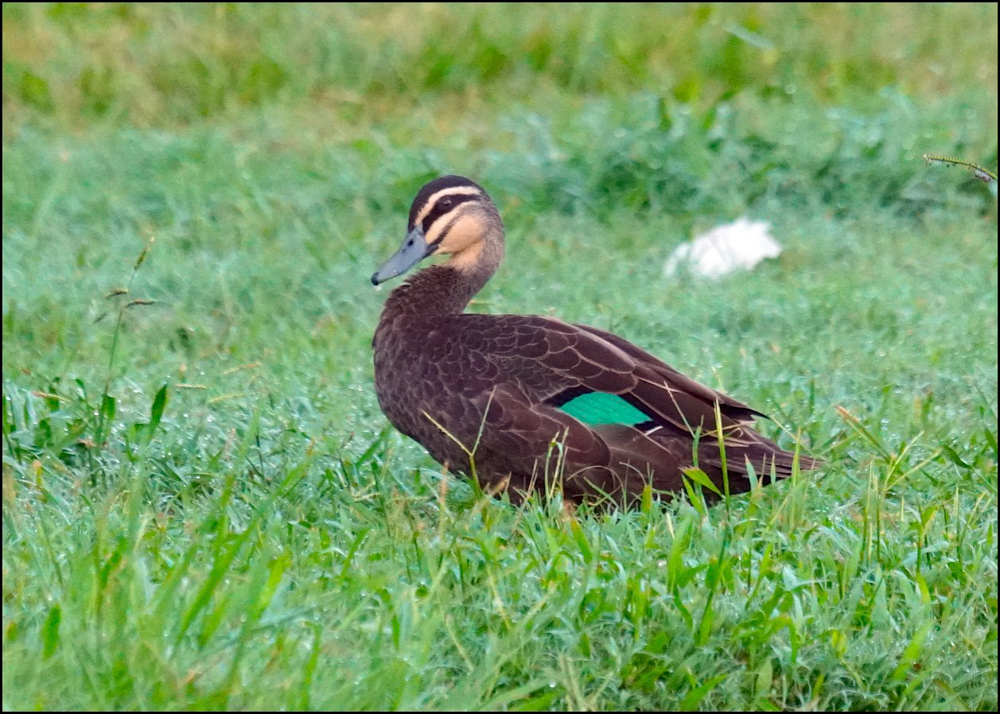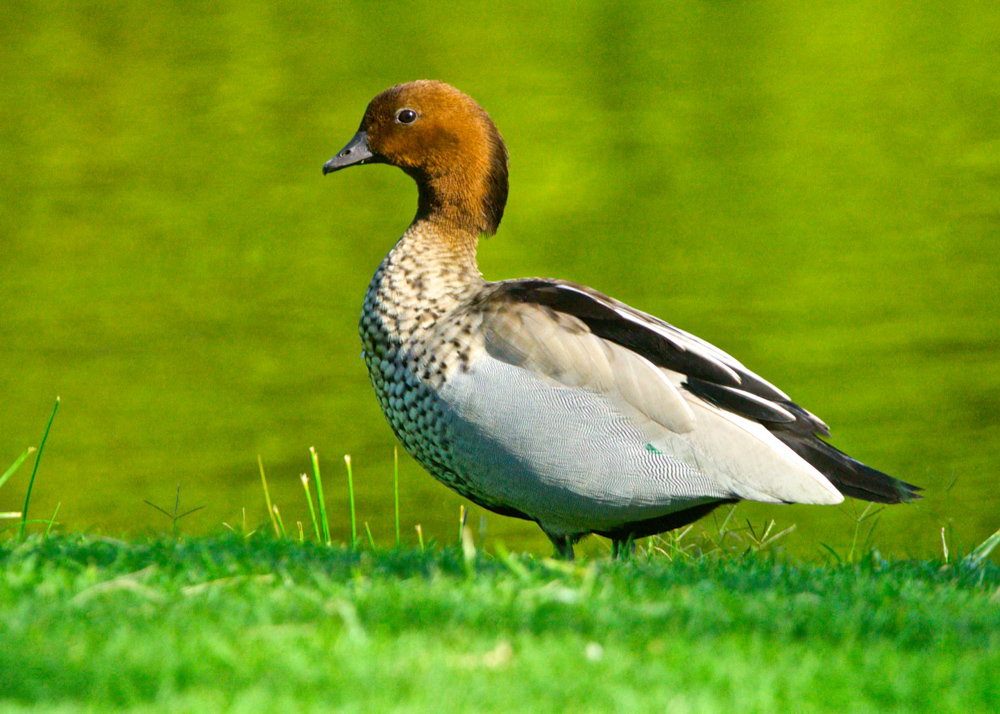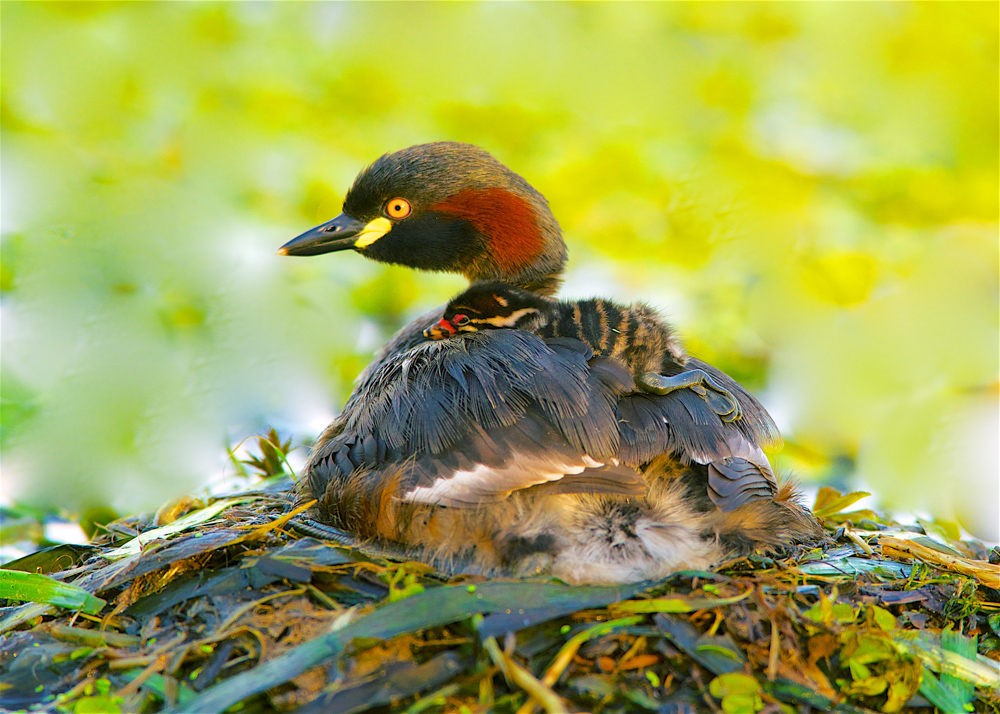How well do you know the local wildlife? You are invited to meet the Wildlife Identification Challenge!
CAN you identify these native native waterbirds using the Catchment Field Guides? How do they differ in swimming and feeding behaviour?
1.
3.
Answers
- Australian Wood Duck (Chenonetta jubata)
- Pacific Black Duck (Anas superciliosa)
- Australasian Grebe (Tachybaptus novaehollandiae)
The Pacific Black Duck feeds by upending or ‘dabbling’, plunging its head and raising its tail out of the water. The Australasian Grebe is adapted for diving completely under the water, with its legs set far back on its body, so it does not walk well on land. In contrast, the Australian Wood Duck feeds mainly on land, eating grasses, clover and other herbs.
Published in





